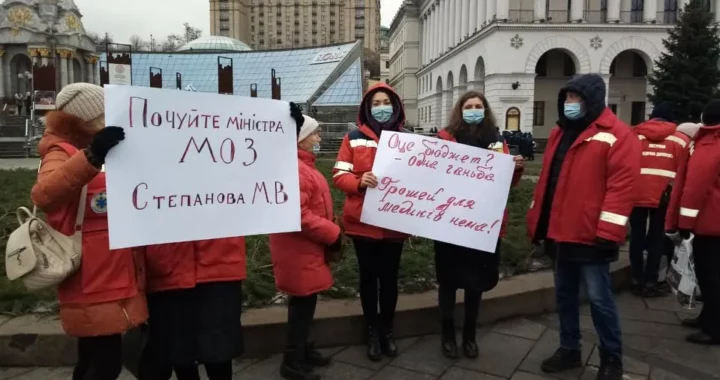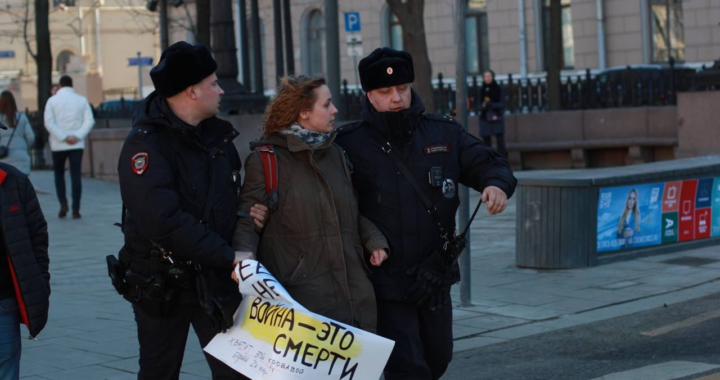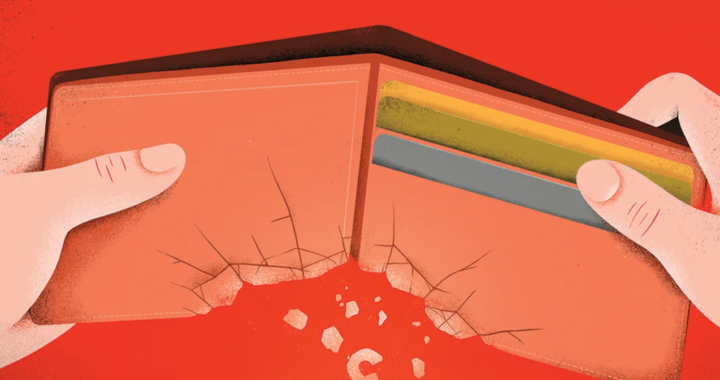
Challenges of healthcare reform in Ukraine: on workers’ perspectives and struggles
Healthcare is a part of critical infrastructure. In addition to being necessary for preventing social collapse, its adequate maintenance is very important for treating injured soldiers and civilians, thus allowing for the reduction of losses during war. Furthermore, in the long term perspective, medical professionals will leave Ukraine, especially with the new possibilities for integration created for Ukrainian refugees in western countries. This will make the rebuilding of Ukraine very difficult.



